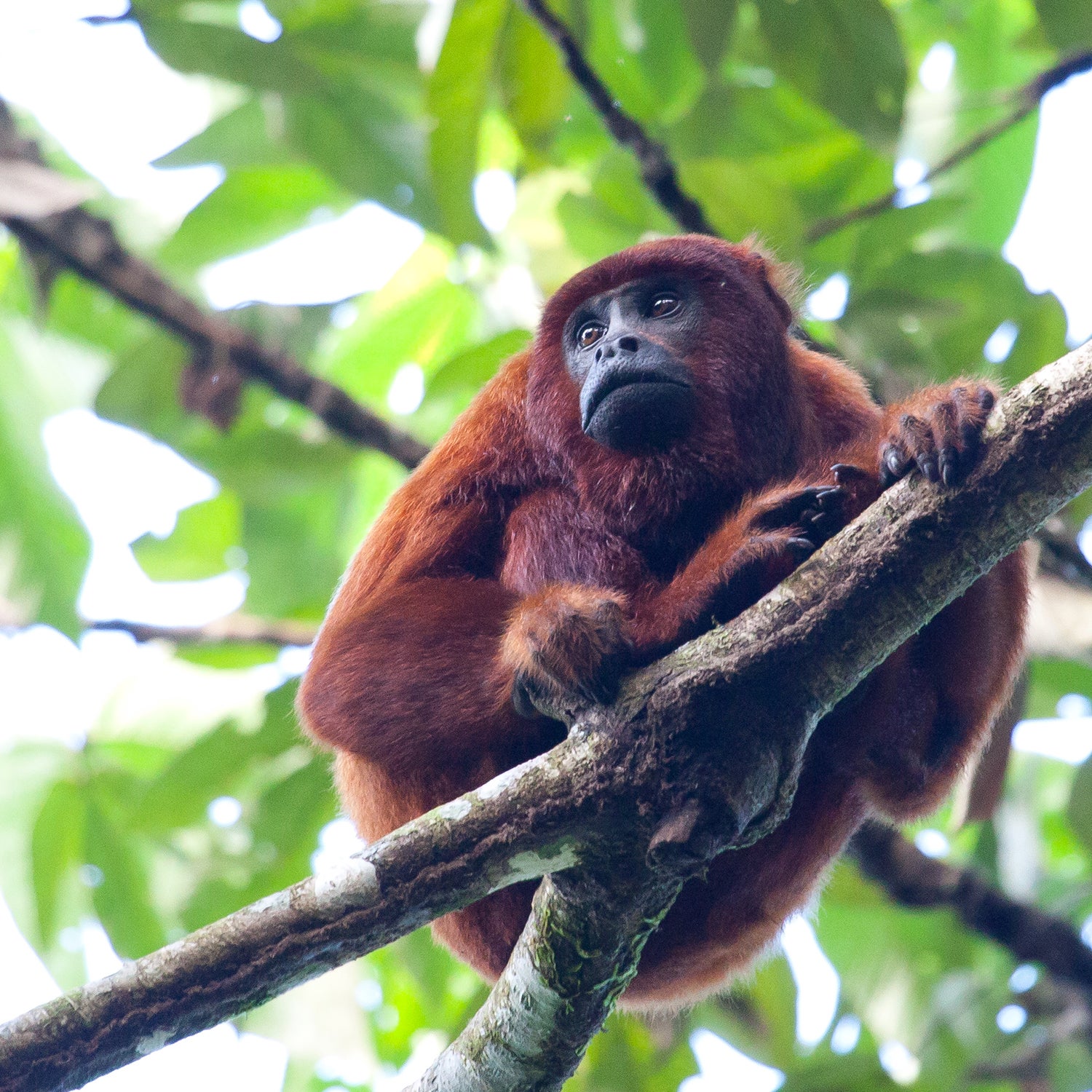Discovering a new species deep in the jungles of Borneo or in the azure waters off the coast of Belize may seem like the exclusive realm of the adventurer-researcher, but a growing number of curious vacationers are doing just that. A dozen or so eco-tourism organizations are catering┬áto citizen scientists wishing to head into the field alongside certified biologists or naturalists. While field experience isnÔÇÖt necessary, these are no pleasure cruises: Travelers are expected to get their hands dirty making observations, collecting samples, and setting camera trapsÔÇöor, on some trips, exploring remote zones for undiscovered flora and fauna. And while organizers promise adventure, they stress that their participants are more than just tourists bound to get in the way and instead actively contribute to the advancement of science. Here are some of the best trips on offer.
Taxon Expeditions
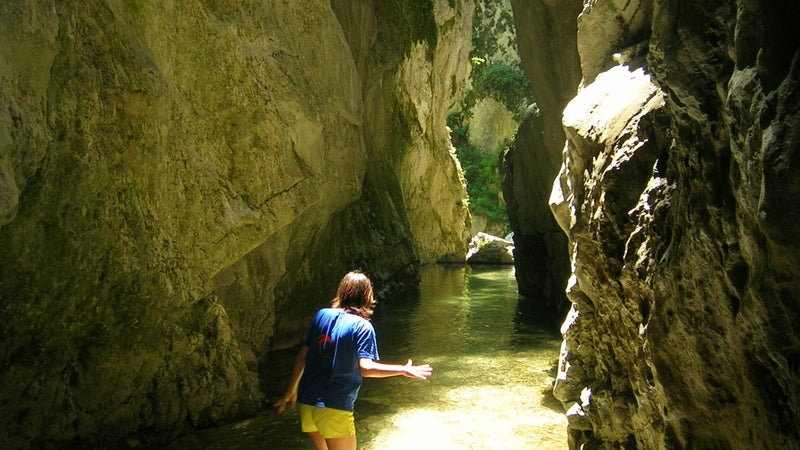
Founded last year by a Dutch scientist couple, focuses on finding unknown animals in regions untouched by science. During the companyÔÇÖs first-ever expedition in Borneo, participants found a new kind of slug and several water beetles, one of which was named Grouvellinus leonardodicaprioi, after the eco-friendly actor, says co-founder Menno Schilthuizen; the findings were recently published in ZooKeys, a peer-reviewed journal. TaxonÔÇÖs second expedition will take place in northern MontenegroÔÇÖs Durmitor National Park this July. Trips are typically around ten days in length and involve training in field biology, including on-site DNA analysis. $4,560 per person.
Biosphere Expeditions
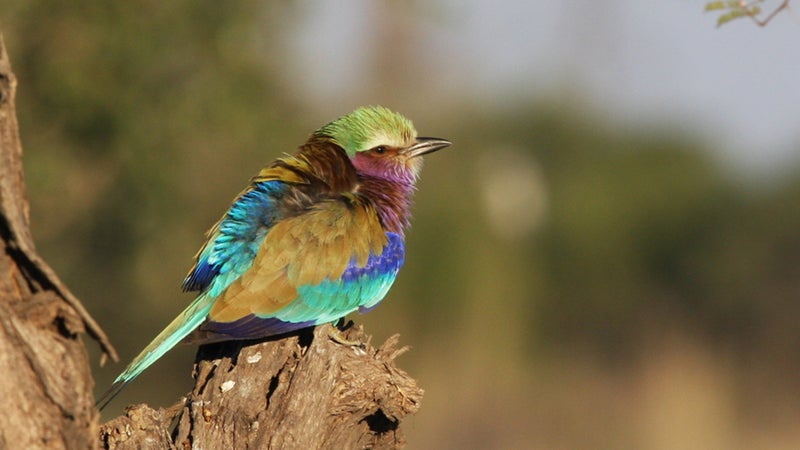
Formed in 1999 and a member of the International Union for Conservation of Nature and the UN Environment Programme, this connects laymen with long-term scientific projects that have tangible ecological impacts. One example: gathering accurate population counts to help save 50 wolves from becoming legal hunting targets in PolandÔÇÖs Bieszczady Mountains. Biosphere participants also collected field data that contributed to the creation of southern AfricaÔÇÖs Kavango Zambezi Transfrontier Conservation Area, the worldÔÇÖs largest conservation zone. Starting at $1,733 per person.
Tamandua Expeditions
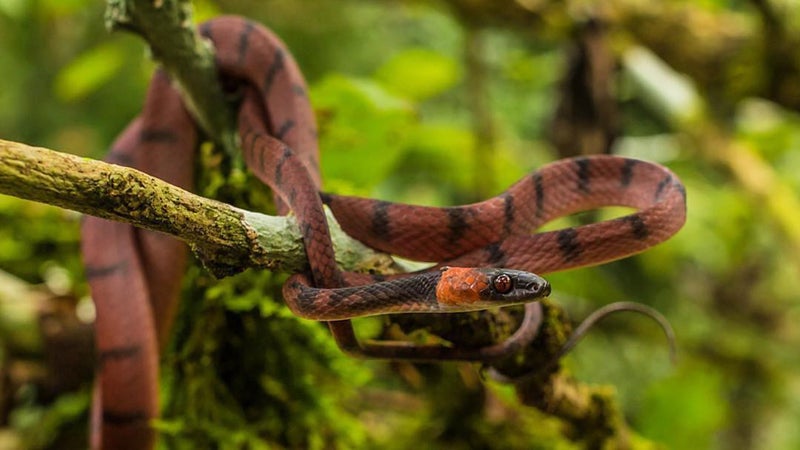
Founded by American naturalist and Paul Rosolie, Tamandua Expeditions takes you deep into the heart of the Peruvian Amazon, one of the most biodiverse areas on earth. Most trips occur in the Madre de Dios region on a remote tributary that takes two days to reach by riverboat. There is no electricity or luxury digs. Instead, conservation of this riverine ecosystem is front and center, and volunteers lend a hand by maintaining trails, setting camera traps, and rehabilitating howler monkeys, giant anteaters, ocelots, and other injured jungle critters. One of the organizationÔÇÖs ongoing projects involves checking anacondas to determine if there is a correlation between gold mining in the region and mercury accumulation in apex predators. Starting at $1,600 per person.
Earthwatch Institute
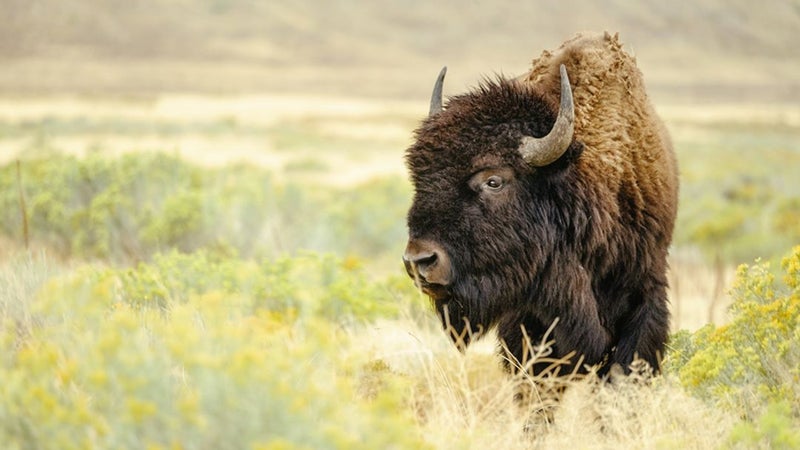
Environmental nonprofit┬á, founded in 1971, describes its trips as ÔÇťcitizen science on steroids.ÔÇŁ Travelers join researchers trekking across mountain ranges or the Arctic tundra, searching for evidence of glacial retreat or exploring how an active Nicaraguan volcano shapes the surrounding ecology. The scientific value of each participant is real. In 2016, for example, volunteers working alongside researchers in Belize discovered a new species of bonnethead shark. In 2001, volunteers unearthed a near-complete skeleton of a new dinosaur species in the Argentinean Andes. Now that is something to scrapbook. From $2,100 per person.


